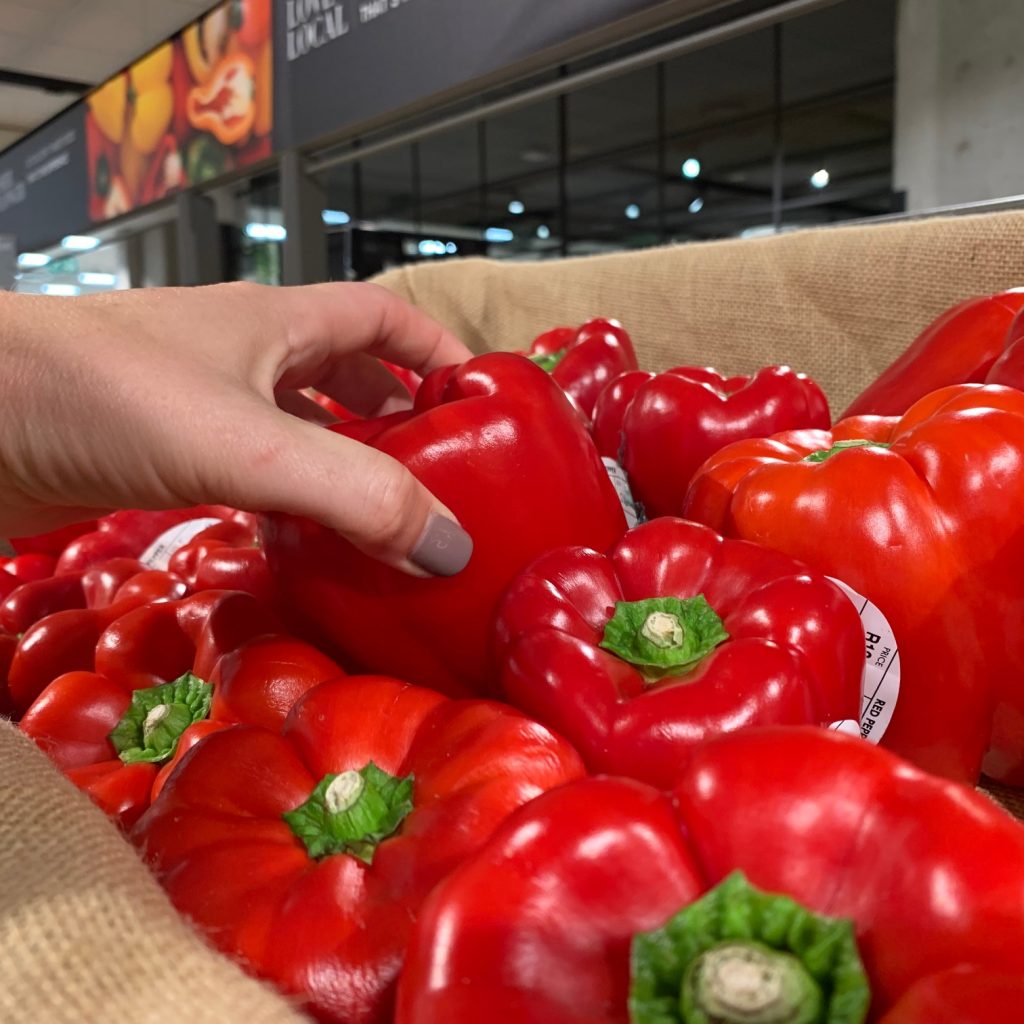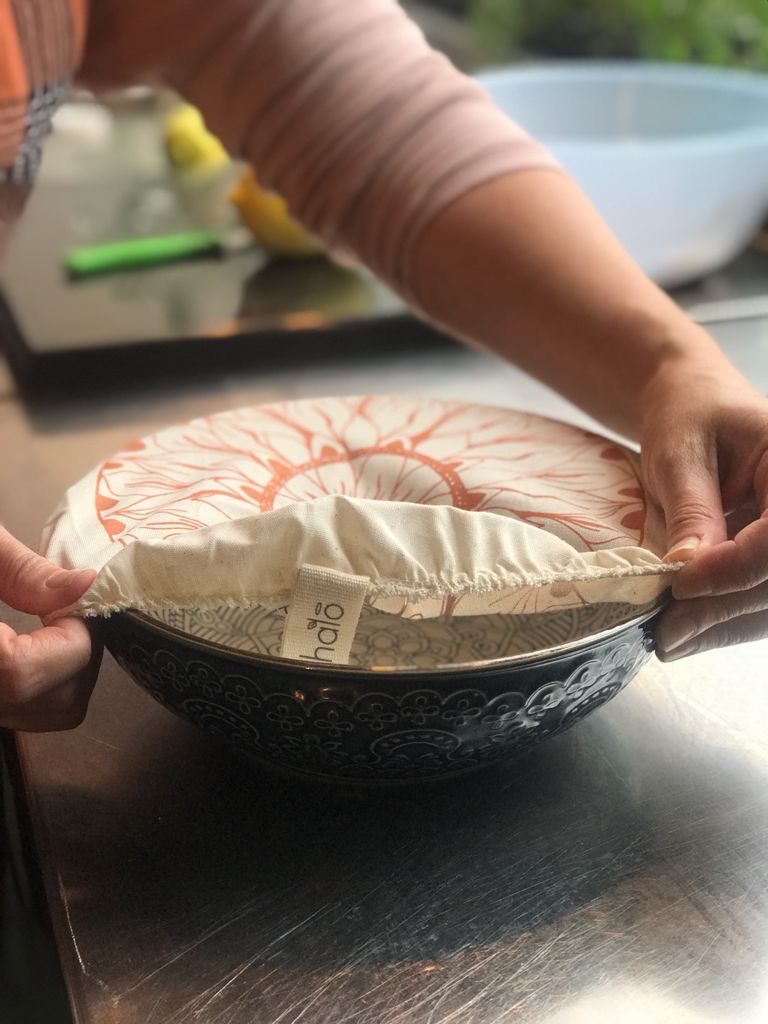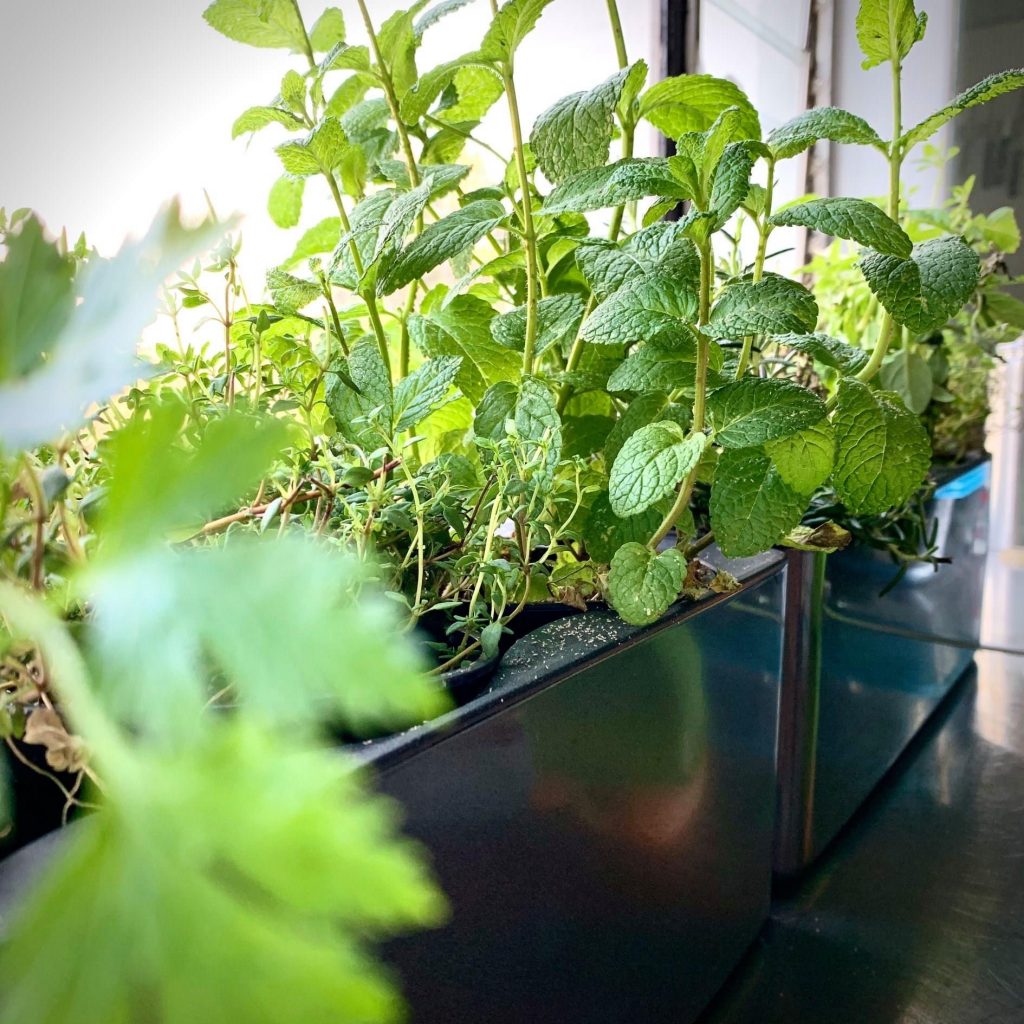7 Easy Eco-friendly swaps for your kitchen you can make today
So here’s where I am at with this post. I honestly believe that the accumulation of small choices can lead to a massive reduction in pollution and waste. Saying this, I acknowledge that these small changes are not going to solve the problem overnight (we need systems, and many of them, to change), but that does not mean that you and I cannot make a difference with the choices we make. I believe that small actions add up.
We don’t need a handful of people doing zero waste perfectly. We need millions of people doing it imperfectly.”
Anne Marie Bonneau
But I also remember how daunting it was when I decided to start living a little Eco-friendlier. I knew I wanted to do something, but I just did not know where to start. So, I thought why not give you seven easy kitchen swaps to get you started on your Eco-friendlier journey. Choose one or two swaps to start with. Whatever you choose to do, be realistic. Remember every swap you make is a win.
- Tweak your shopping list
By just making a few simply changes to where you shop and what you buy, you can make a huge difference. Weigh-and-pay shops are a great option. Many of them allow you to bring your own jars and bottles which means you only pay for the products you are buying, and you are taking less plastic home. If you live in Johannesburg or Pretoria it is worth your while to visit https://therefillery.co.za/
Shopping naked food is another great swap. Naked food is food that does not come in packaging. In most stores you will find naked food in the fresh produce and bakery sections.

- Say no to plastic shopping bags
Investing in a few reusable shopping bags means you can say no to single-use plastic shopping bags. Personally, the most difficult part of this swap is remembering my shopping bags when I leave home.
It is also worth investing in a few mesh and muslin bags for that naked food you are going to be buying. Mesh bags are great for heavier items like potatoes and apples, while your muslin bags will come in handy when buying leafy greens and mushrooms. Again, the secret is remembering to take them along.
- Wrapping up those leftovers and sarmies
Replacing clingwrap with fabric bowl covers and Bees wax wraps is a great swap. Read all about them in my ‘Plastic-free fridge’ blogpost. Stasher bags are great for packing lunches. Stasher bags are nontoxic, reusable silicone bags and come in a variety of sizes and colours.

- Green your kitchen sink
I only recently learned that the disposable, synthetic sponges I use in my kitchen are made from oil-based materials. The problem with using them is that we do not use them long enough to warrant the resources used, the environmental damage caused and the time they take to decompose. Swap those nasty synthetic sponges for Tawashi sponges from https://www.spazastore.com/ or bamboo fiber scrubs from https://simplybamboo.co.za/. I am busy writing a blogpost on kitchen sponges. Keep an eye out for that one.
- Swap paper towels for washable dishrags or recyclable bamboo towelettes
Replacing paper towels with a dishrag is a great swap in the kitchen. Instead of buying dishrags cut up an old t-shirt or towel. If you want paper towels in your kitchen, why not replace them with bamboo reusable paper towels?
- Plant something
If, like me, you love cooking with herbs why not plant a few herbs instead of buying those pre-packaged herbs from the supermarket. Having a small herb garden and/or veggie patch is a great swap and easier than you think. If space is a problem, consider a small potted herb garden on your kitchen windowsill or on a patio. Because I am bad at remembering to water my plants the beautiful Lechuza self-watering planters work really well in my kitchen.They are available at Yuppy chef or Takealot.

- Get yourself some worms
Did you know that vermicomposting can reduce your household waste by up to 40%? Worms can consume their weight in food scraps daily, which means less waste in our bins and ultimately in our landfills. Vermicomposters only need a small space, do not smell, and need very little attention and care. You can buy them on Amazon (look for Vermihut and Worm factory 360). But why not try your hand at making one. Head over to http://working-worms.com/how-to-make-your-own-worm-farm/ for a step-by-step guide to making your own worm composter.
Can you imagine how much healthier our planet would be if everyone you and I know only made one of these swaps.
Here’s to a greener kitchen and a more sustainable life.
xxx

